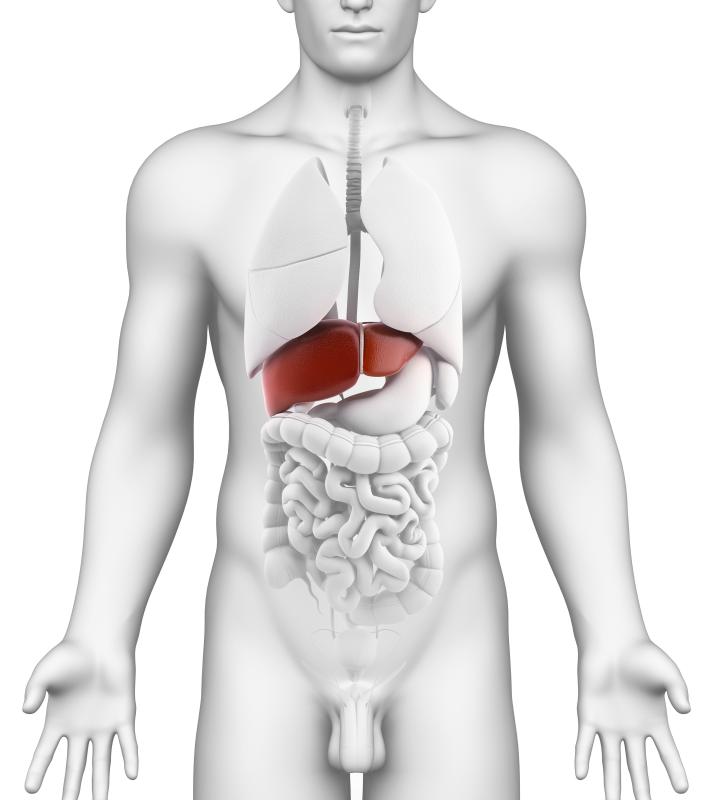At WiseGEEK, we're committed to delivering accurate, trustworthy information. Our expert-authored content is rigorously fact-checked and sourced from credible authorities. Discover how we uphold the highest standards in providing you with reliable knowledge.
What is VIPoma?
VIPoma is an extremely rare form of cancer, affecting only one in ten million people each year. It affects cells in the pancreas known as islet cells that produce hormones, causing them to produce dangerously high levels of a hormone called vasoactive intestinal peptide (VIP). The cause is not known. Symptoms can include persistent, watery diarrhea, and dehydration. If the tumor hasn't spread, VIPoma can often be cured by removing it; treatment is otherwise palliative, focusing on keeping the patient as comfortable as possible.
VIPoma is also known as Verner Morrison syndrome after the two doctors who first described the disease in 1958; other names include pancreatic endocrine tumor and vasoactive intestinal peptide producing tumor. It affects women more often than men and is most often seen in patients in their 50s. It is very rare, affecting a minute percentage of the population. VIPoma occurs about 90 percent of the time in the pancreas, but it can also afflict other organs including the adrenals, colon, and liver. The cause is unknown but some scientists suspect genetics is a factor.

In patients with VIPoma, an excessive amount of VIP hormone is produced. This hormone relaxes some of the muscles in the gastrointestinal (GI) tract, increases intestinal secretions, and regulates the amount of water in the intestines. The actions of the high levels of VIP lead to the primary symptom of extreme, persistent, watery diarrhea that lasts for more than three days. It typically continues in high volumes, even if the patient stops eating, and usually leads to dehydration and low blood potassium or hypokalemia.

Other symptoms of VIPoma include abdominal pain, cramping, nausea, weight loss, and redness of the face. The low levels of potassium in the blood can also cause muscular discomfort and intense fatigue. Diarrhea and other symptoms can occur periodically for more than a year in many patients before a diagnosis is reached. Because of this, 30-50% of patients' tumors may have spread and are incurable at the time of diagnosis.

Once a diagnosis of VIPoma is made, the first priority is to correct the dehydration using intravenous (IV) fluids. A medication called octreotide can stop the diarrhea and correct other imbalances by blocking the action of VIP. If the cancer has not advanced, complete surgical removal usually provides a cure. For patients whose cancer is incurable, treatment focuses on relieving the symptoms and slowing its progression. Life expectancy can range from days to a few months depending on how far the cancer has metastasized.
AS FEATURED ON:
AS FEATURED ON:














Discuss this Article
Post your comments